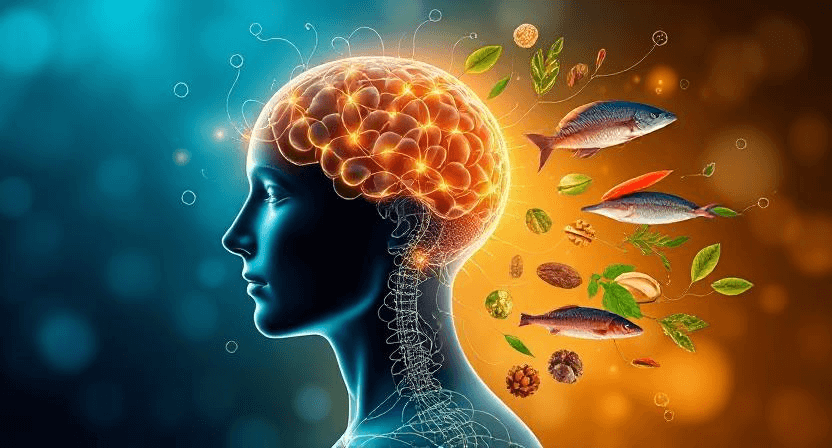The connection between metabolic health and mental wellbeing is more profound than most people realize. Understanding this connection, particularly through the lens of functional testing and nutrient status, can transform our approach to mental health support.
The Metabolic-Mental Connection
Every thought, emotion, and nervous system state has a metabolic component. This isn’t just theory – it’s biochemistry. Your body’s ability to:
- Produce neurotransmitters
- Maintain stable energy levels
- Respond appropriately to stress
- Return to a state of calm
All depend on specific metabolic processes and nutrients.
Key Nutrient Players in Mental Health
B-Vitamins: The Stress Response Team
B-vitamins play crucial roles in:
- Neurotransmitter production
- Energy metabolism
- Stress response
- Nerve signaling
- Mood regulation
Without adequate B-vitamins, you might experience:
- Heightened anxiety
- Difficulty managing stress
- Mood fluctuations
- Energy crashes
- Poor stress recovery
Minerals: The Foundation of Regulation
Minerals like magnesium, zinc, and selenium are fundamental to nervous system function:
- Magnesium enables relaxation responses
- Zinc supports neurotransmitter production
- Selenium protects nervous system tissue
- Calcium and potassium enable proper nerve signaling
Essential Fatty Acids: The Communication Network
Fatty acids, particularly omega-3s:
- Maintain cell membrane flexibility
- Support neurotransmitter receptor function
- Enable smooth signal transmission
- Protect against inflammation
- Support stress resilience
The Role of Functional Testing
Understanding your unique metabolic needs requires comprehensive testing:
1. Organic Acids Test (OAT):
- Neurotransmitter metabolism
- Nutrient utilization
- Oxidative stress
- Detoxification capacity
2. Amino Acids Panel:
- Neurotransmitter precursor levels
- Protein metabolism
- Stress response patterns
- Mood support needs
3. Comprehensive Hormone Testing:
- Stress hormone patterns
- Metabolic function
- Energy regulation
- Sleep-wake cycle support
Reading Your Body’s Signals
Physical symptoms often indicate underlying metabolic needs:
1. Energy Patterns:
- Morning fatigue: B12, Iron
- Afternoon crashes: Blood sugar, B-vitamins
- Overall low energy: Mitochondrial function
2. Mood Fluctuations:
- Anxiety: Magnesium, B-vitamins
- Depression: Amino acids, fatty acids
- Irritability: Blood sugar, minerals
3. Sleep Disruption:
- Difficulty falling asleep: Melatonin precursors
- Early waking: Blood sugar, cortisol
- Restless sleep: Mineral balance
Creating Your Metabolic Support Plan
A comprehensive approach includes:
1. Testing and Assessment:
- Comprehensive functional testing
- Symptom tracking
- Pattern recognition
2. Targeted Support:
- Nutrient repletion
- Digestive optimization
- Stress response support
3. Lifestyle Integration:
- Meal timing
- Sleep optimization
- Stress management
4. Regular Monitoring:
- Follow-up testing
- Symptom tracking
- Protocol adjustment
The Future of Mental Health Support
Understanding the metabolic foundations of mental health opens new possibilities for support and healing. This approach:
- Recognizes the physical basis of mental health
- Enables precise, targeted interventions
- Supports sustainable healing
- Integrates multiple levels of care
By addressing both metabolic and psychological aspects of mental health, we create more effective, sustainable paths to wellbeing.
Let’s connect other ways too! Follow me here on Instargram @doctorrileysmith and at youtube @doctorrileysmith
You May Love To Read:
Why Your Winter Movement Should Look More Like a Snow Leopard Than a Marathon Runner
The Lost Art of Winter Rest: Why Your Body Needs Different Sleep in Cold Months
Winter’s Medicine: A Season for Shadow Work and Metabolic Healing

